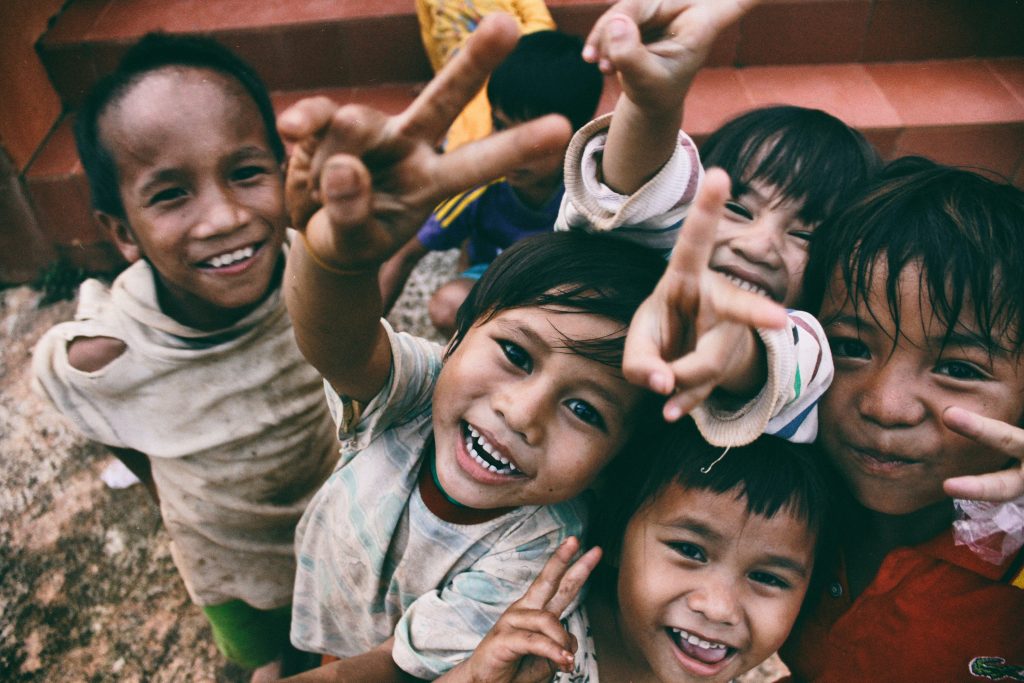If there is a group of people who are in a particularly vulnerable situation, they are children and adolescents who have arrived alone in Spain, from other countries.
It is a phenomenon that is difficult to quantify, according to data published by the Ombudsman and the General Commissioner for Immigration and Borders, in Spain there are more than 9,000 unaccompanied foreign minors counted.
However, there are no exact figures due to the difficulty of registering all the menas who arrive in our country through the different possible routes.
What does the term MENA mean?
'Menas' is the acronym for unaccompanied foreign minors, those people under 18 years of age who have arrived in our country without the company of any adult who can be responsible for them.
The widespread use of this term ('MENA') has led to the dehumanization and criminalization of a group in a situation of extreme vulnerability.
The reality is that these are children and adolescents who are alone and exposed to a serious risk of exclusion and helplessness.
Where do the foreign minors who arrive in Spain come from?
In Spain, the majority of migrant children who are unaccompanied by adults come from the Maghreb countries and, in particular, from Morocco and Algeria.
However, unaccompanied minors who have arrived from Sub-Saharan Africa, Eastern Europe and the Middle East are also present in our country.

Why do these foreign minors come to Spain?
The arrival of unaccompanied children in our country began in the late 90s and has been a phenomenon that has been increasing in recent years.
Among the reasons that lead these boys and girls to leave their countries of origin are poverty and lack of future and expectations; situations of family breakdown and institutional lack of protection; natural disasters; war, persecution, violence and situations of widespread violation of human rights.
What rights do foreign minors have in Spain?
In accordance with national and international legislation, a MENA has the right to the protection of the Spanish State under the same conditions as Spanish minors, regardless of the place of their birth, and therefore Public Administrations have the obligation to ensure their well-being.
It is essential to increase the quantity and quality of resources allocated to these protection systems, especially in the places and autonomous communities where they are most concentrated. We must also focus on welcoming them into families and people who ensure that these minors can develop with the appropriate physical and emotional conditions.
In practice, the situation is occurring that there are unaccompanied children living temporarily or permanently on the streets. The authorities that have guardianship must maintain a positive attitude and provide the necessary means for the integration of these minors and guarantee their protection.
It is part of the world of intervention with minors in our Postgraduate in Intervention with Minors




